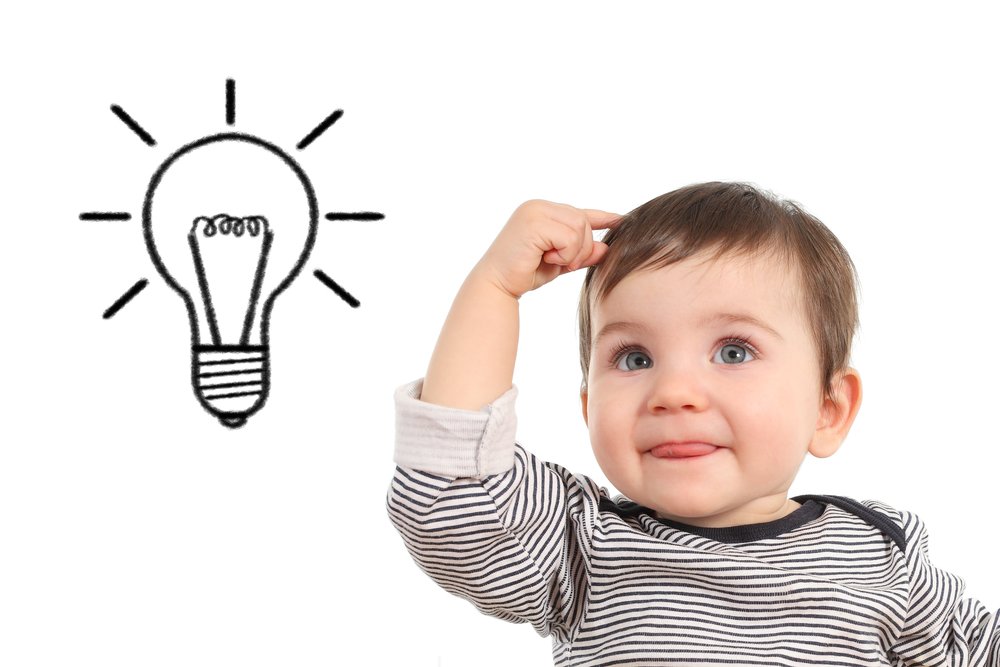
Cognitive flexibility starts in early childhood!
Key Points: Cognitive flexibility is the ability to adapt based on new information. It develops between 3 and 4 years…
[cat_cust_menu]

Key Points: Cognitive flexibility is the ability to adapt based on new information. It develops between 3 and 4 years…

Key Points: Toddlers can store memories, but their ability to recall is developing due to ongoing brain maturation. Activities to…
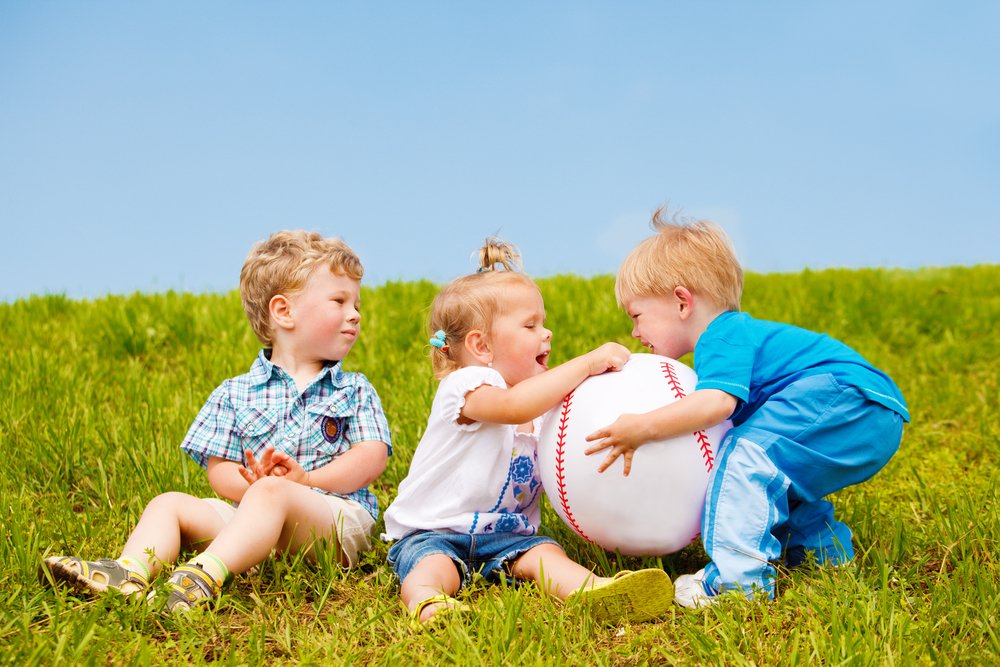
Key Points: Occasional conflicts between toddlers are normal and vital for socio-emotional development. Tips for conflict management include positive role…
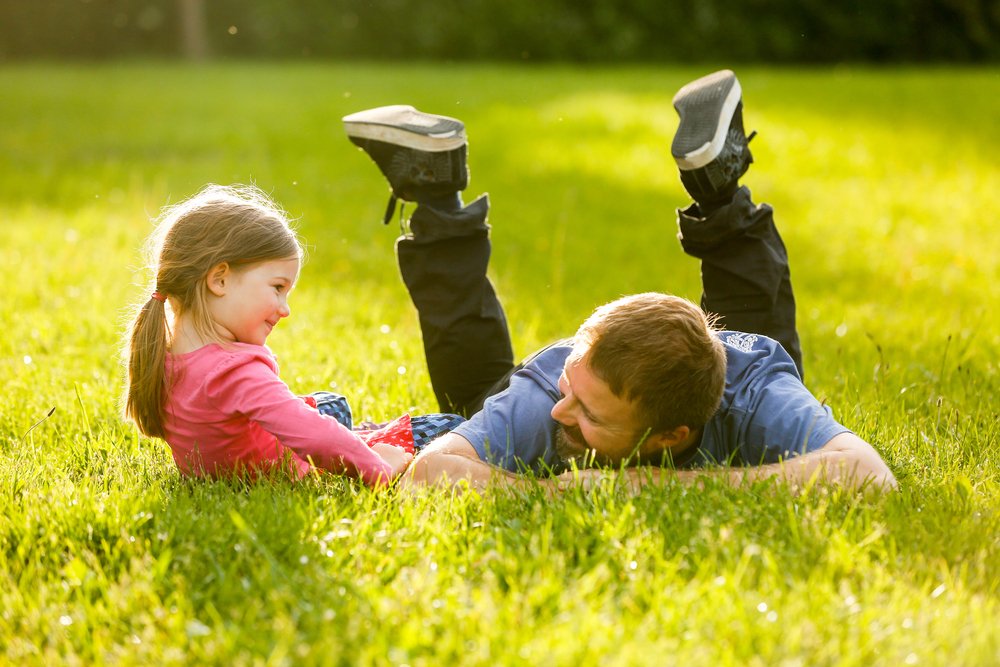
Key Points: Some research shows that parents spend less than 40 minutes daily in conversation with their child, emphasizing the…

Key Points: It’s possible to raise a responsible child as early as 3 years old by assigning simple and safe…

Key Points: Around 36 months, children reach a significant stage in social and emotional development, demonstrating increased interest in interacting…
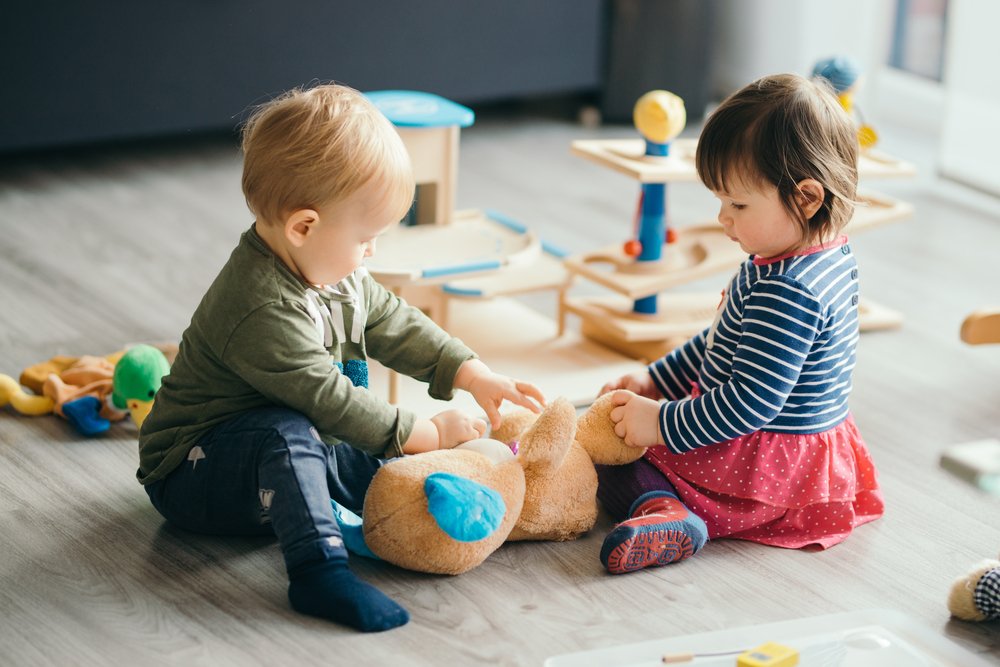
Key Points: Interacting with peers is crucial for social and emotional development, helping children learn social skills such as sharing,…

Key Points: Independent feeding involves more than just muscular strength; it heavily relies on a child’s visual-spatial ability to process…
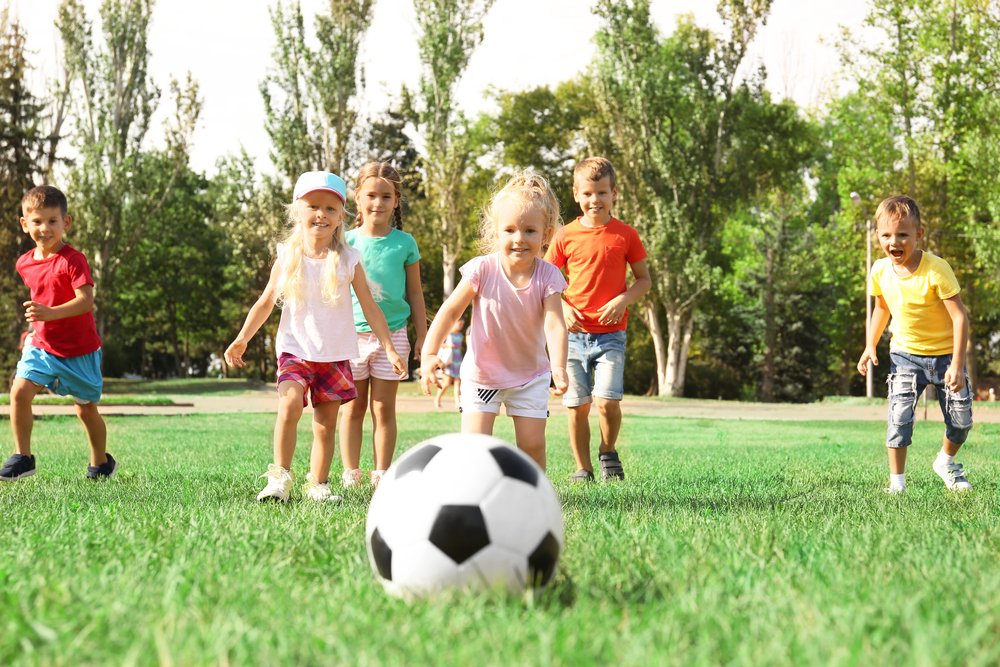
Key Points: Daily physical activity, recommended by organizations like the American Academy of Pediatrics, provides emotional benefits for children, including…

Key Points: Hand coordination skills involve controlling hand and finger movements and integrating them with visual and perceptual abilities. Developing…
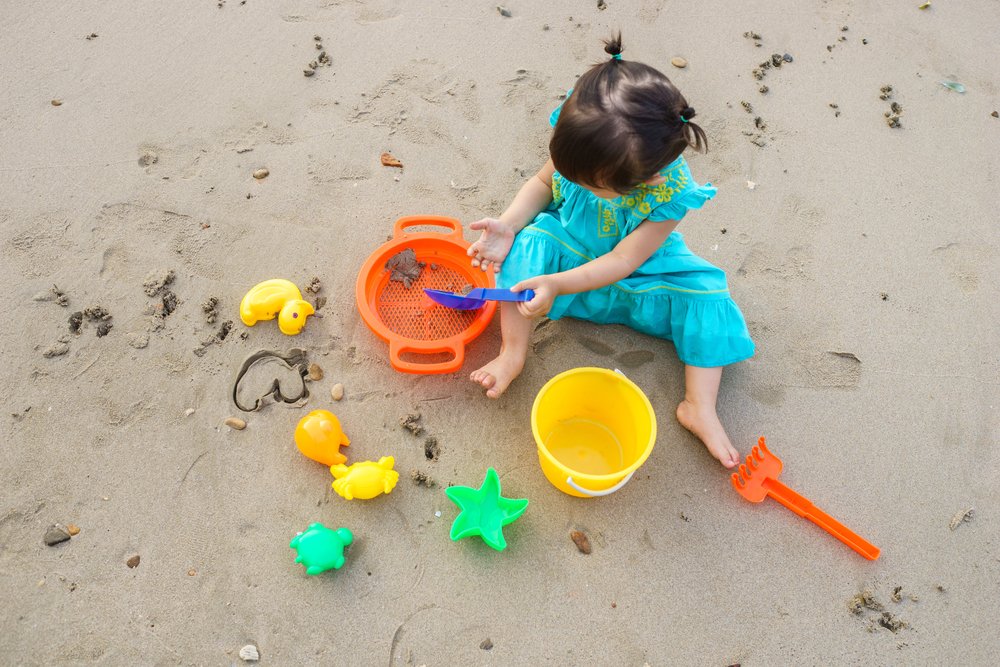
Key Points: Around 3 years old, children develop finger dexterity, allowing them to perform tasks like turning book pages, engaging…
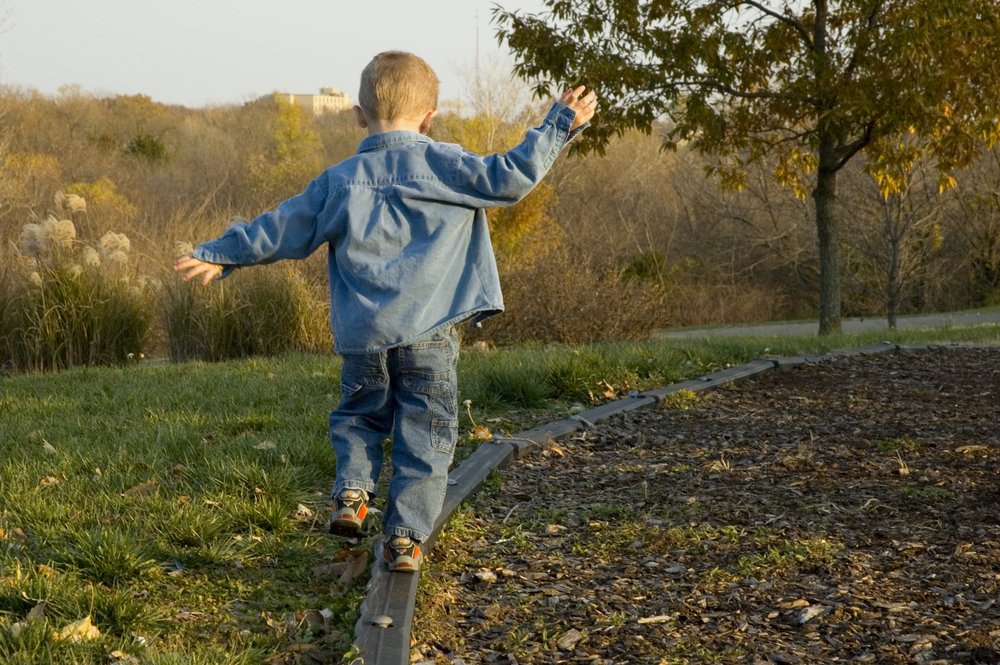
Key Points: Balance involves maintaining controlled body positions during static and dynamic activities, requiring the integration of the vestibular, visual,…
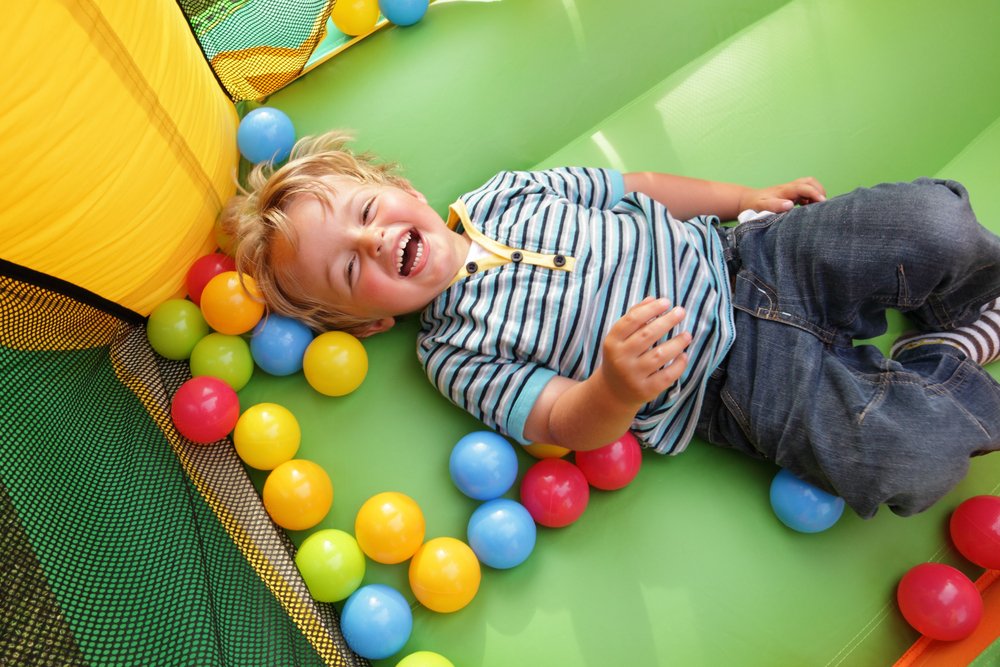
Key points: Children aged 2 to 5 spend most of their day doing sedentary activities and only engage in moderate…

Key points: Developmental skills in early childhood are interdependent, connected, and intertwined. Independent walking is an important milestone for the…
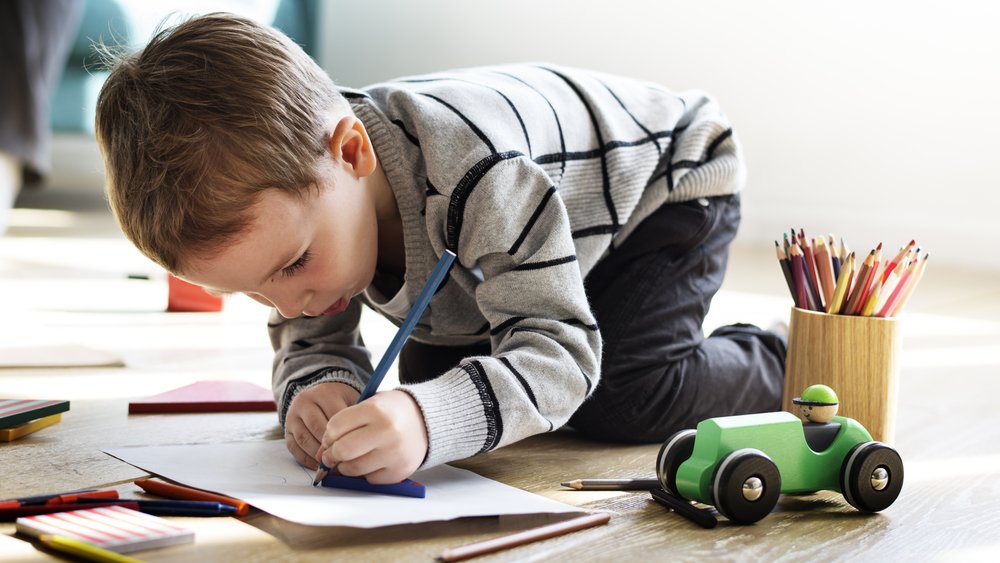
Key points: Writing readiness involves the development of pre-writing skills in children, which relate to gross and fine motor skills….

Key points: It is normal for children to have imaginary friends, and this type of pretend play is healthy and…
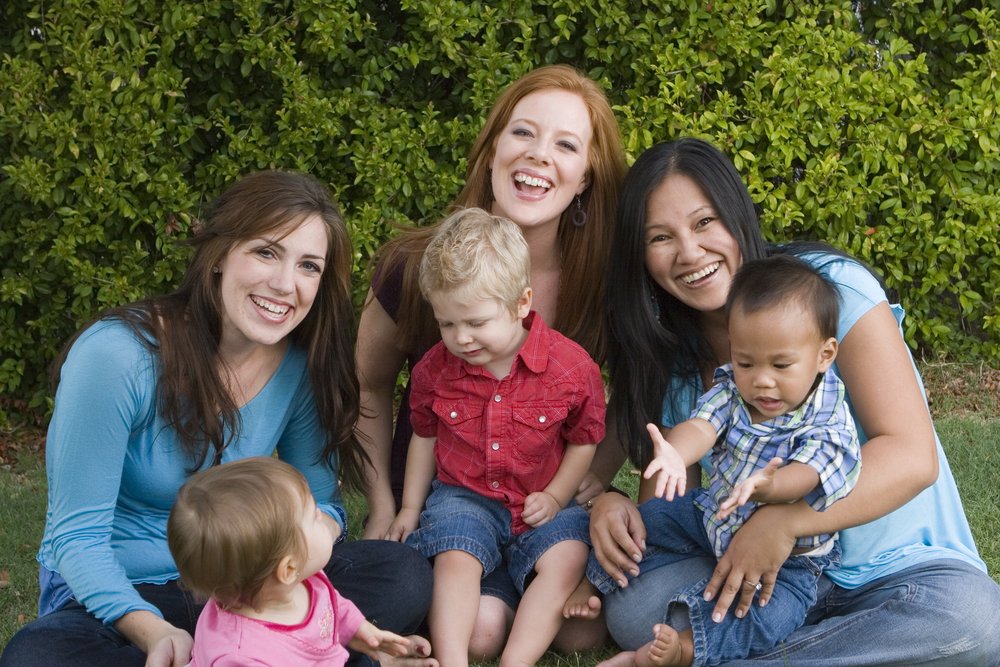
Key points: Playdates provide important opportunities for children to practice and develop social and emotional skills alongside their peers. To…

Key points: Giving children a small fixed allowance and allowing them to self-manage it can influence spending behavior and help…

Key points: Toddlers and pre-kindergarten children often inadvertently behave in ways that are not kind to animals, but early education…

Key points: Young children have a natural inclination towards discovery and exploration, and parents can foster this by providing easy…
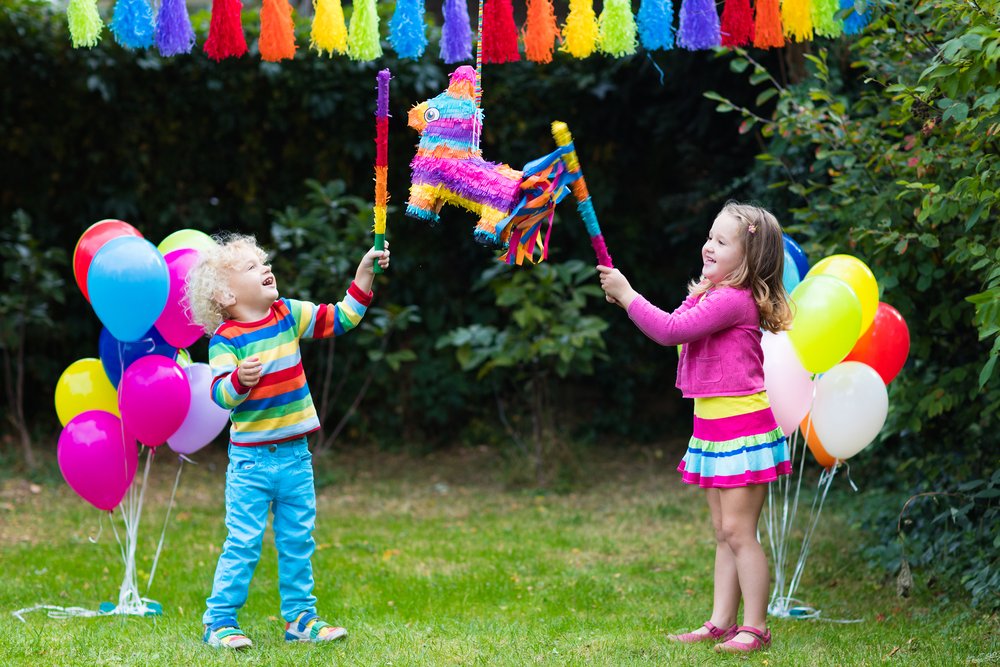
Key points: Celebrating a toddler’s birthday should be simple and fun, with minimal fuss. Guest lists should consist mostly of…
Subscribe to our newsletter and join Kinedu’s community